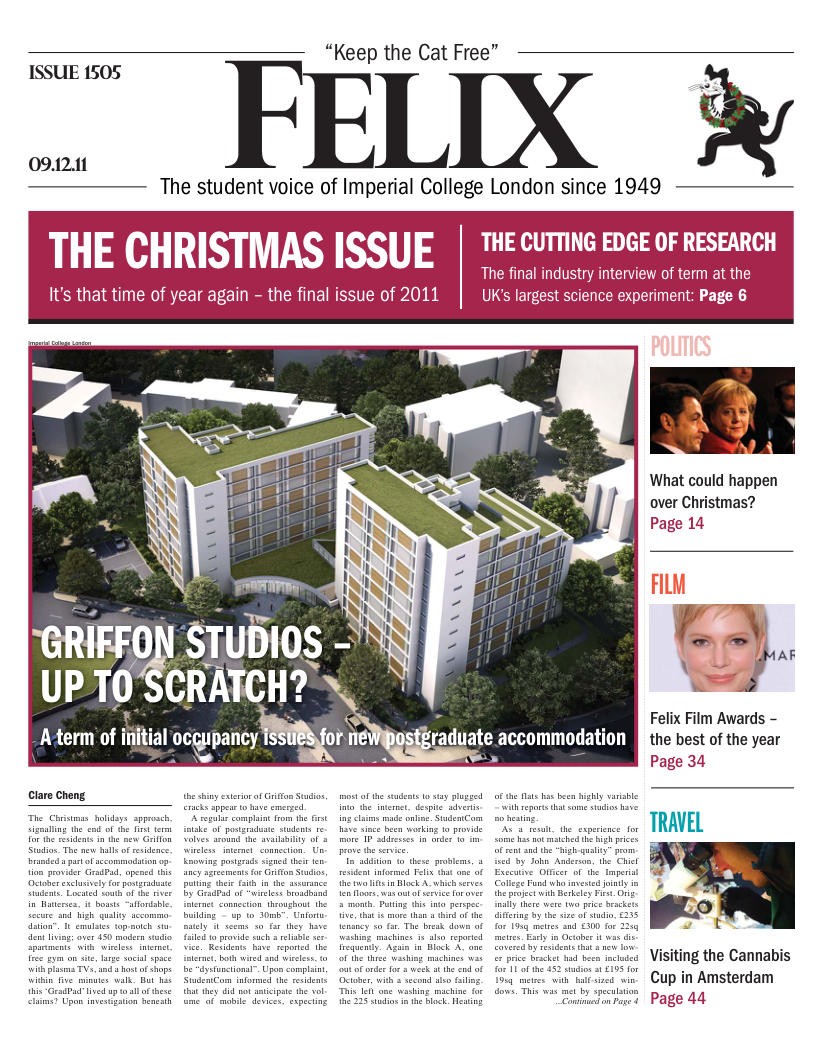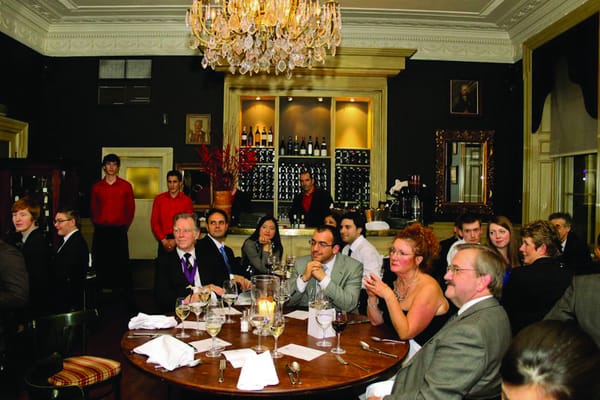Blast Injury Centre set up at Imperial
Royal British Legion provides £5m towards understanding roadside bomb injuries

A new £8m Royal British Legion Centre for Blast Injury Studies at Imperial College has officially opened this week. The Centre aims to provide a better understanding of the injuries caused by roadside bombs, or Improvised Explosive Devices (IEDs). These are the leading cause of death and injury for Service personnel on operations in Afghanistan and Iraq.
At the research centre, based in the Department of Bioengineering, civilian engineers and scientists will work together with military doctors in order to improve both treatment and means of protection against roadside bombs. One potential benefit is the design of “intelligent” combat boots that are better able to deflect the impact of a roadside bomb since foot and heel injuries account for a large number of injuries. Another aim of the research is to diagnose and understand the damage caused more quickly in order to reduce future medical problems.
Professor Anthony Bull, from the Department of Bioengineering at Imperial and Director of the new Centre said, “Previously, servicemen and women who were wounded from blasts would have died from their injuries, and now military protection, medical science and practice has improved greatly so that there is a greater prospect of survival. We now need to assess the effects of blasts on these survivors. We urgently need to know more, so that we can protect and treat people more effectively.”
The Royal British Legion, the leading Armed Forces charity, is providing £5m to establish the Centre which will also be partially funded by Imperial itself. The research will build on the work already carried out by the Imperial Blast research group at the College. The Ministry of Defence have been supporting the work of the Imperial Blast group since 2009 and will continue to contribute clinical experience and resources, ensuring that the research focuses on areas of most value to military personnel. However, it is hoped that knowledge acquired could also be of benefit to injured civilians, for example, following terrorist attacks.
Roadside blasts not only cause damage to extremities, but also affect the body internally, damaging whole organs such as the lung, symptoms of which may not show for days. Therefore, it is crucial to understand system-wide internal trauma, information which could lead to new therapies and better outcomes for patients. Researchers at the Centre are aiming to develop a test to diagnose Blast Lung, the most common cause of death among people who initially survive an explosion. An early diagnosis could help prevent complications such as fluid build-up in the lung, improving the chances of survival for patients.
One model that Imperial Blast is already using for its research is an Anti-vehicle, Underbelly, Blast-Injury Simulator (AnUBIS), the only device of its kind in the world, which can simulate a roadside bomb blast in laboratory conditions. This device is able to reproduce the velocities seen in the floor of vehicles targeted by bombs by accelerating a 42kg plate. This enables scientists to assess the effect of leg orientation and positioning on injury severity and thus develop preventative strategies to minimise damage.
The research centre should have a significant impact on those serving in current and future conflicts, thereby limiting the long-term effects of blast injuries on individuals and their families.










